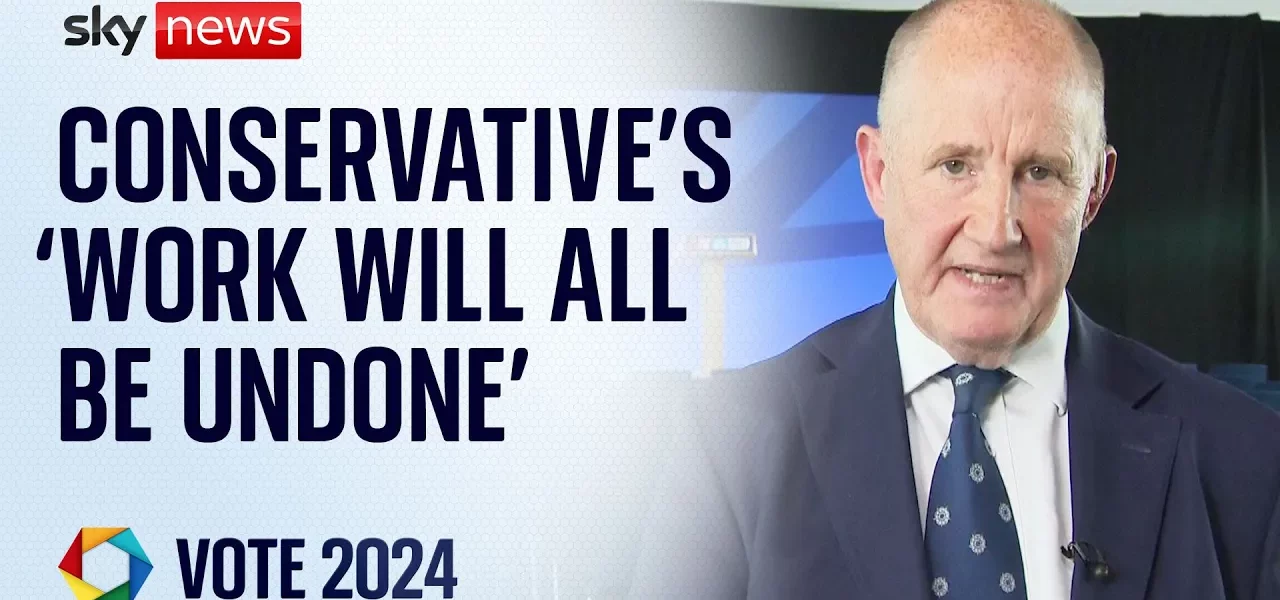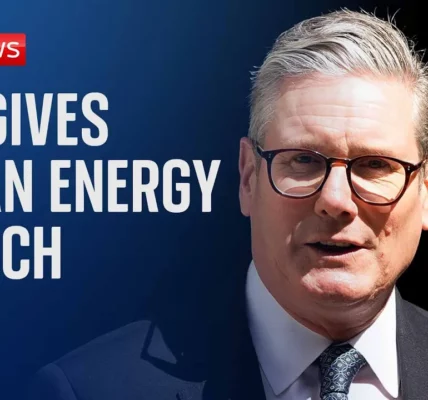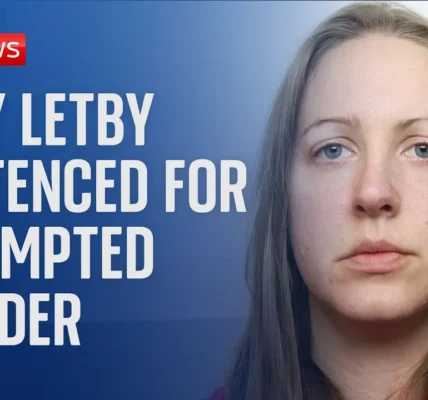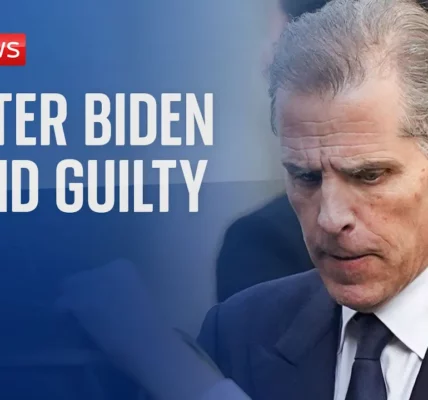Conservative Party’s Economic Plans and Tax Cuts Explained by Kevin Hollen

This article provides an in-depth analysis of Business Minister Kevin Hollen’s recent statements on the Conservative Party’s economic strategies, including tax cuts, welfare reform, and immigration policies, in light of the current economic challenges facing the UK.
Introduction
In a recent interview, Business Minister Kevin Hollen of the Conservative Party addressed the party’s economic strategies and the implications of tax cuts amidst rising tax burdens. The conversation highlighted the balancing act the government is attempting to achieve in stimulating economic growth while managing public finances post-COVID-19. With the tax burden projected to reach its highest level since the 1940s, Hollen’s comments present a significant insight into the Conservative Party’s approach to economics and governance in the coming years.
The Tax Burden and Proposed Cuts
Despite the Conservative Party’s manifesto promising tax cuts, the overall tax burden is set to rise significantly. Hollen emphasized that while taxes must increase to address the financial fallout from the pandemic, the government is simultaneously working towards substantial tax reductions.
Details of the Tax Cuts
Hollen highlighted specific tax cuts that would impact various sectors of the economy:
- National Insurance Reductions: The government aims to completely eliminate National Insurance for workers over time.
- Average Savings: The average worker is expected to save approximately £1,350 annually due to these tax cuts.
- Self-Employed Tax Relief: For self-employed individuals, significant reductions are anticipated, amounting to savings of around £1,500 per year.
Historical Context
Hollen pointed out that the average UK taxpayer is currently experiencing the lowest tax levels as a percentage of income in over 50 years, even lower than their counterparts in the United States, Germany, and France. This context serves to underline the Conservative Party’s argument for tax cuts while maintaining that overall tax levels will still be historically high.
Addressing the Cost of Living Crisis
The conversation also turned to the pressing issue of the cost of living crisis. Hollen acknowledged that the government had to increase taxes due to the economic necessities brought on by the pandemic and rising living costs.
Welfare Reforms
To fund the proposed tax cuts, the government is looking to implement welfare reforms aimed at reducing the welfare bill:
- Encouraging long-term sick individuals, particularly those with mental health challenges, to return to work.
- Implementing measures to reduce tax avoidance, which has already saved the government approximately £6.7 billion annually.
- Streamlining welfare programs to better connect individuals with job opportunities.
Immigration and Border Control Policies
Hollen discussed the Conservative Party’s stance on immigration, emphasizing the party’s commitment to controlling illegal migration while ensuring that legal migration channels remain open.
Rwanda Policy
The controversial Rwanda policy was highlighted as a key measure in deterring illegal crossings:
- Detention Changes: Individuals attempting to cross illegally will no longer be accommodated in hotels or council flats but will be detained pending processing.
- Future Deportations: Successful legislative measures will lead to individuals being sent to Rwanda, which is expected to act as a significant deterrent.
Conclusion
In summary, Kevin Hollen’s insights reveal a Conservative Party that is attempting to navigate complex economic challenges through tax cuts, welfare reforms, and immigration control. As the party prepares for upcoming elections, the focus will be on demonstrating the effectiveness of their plans and contrasting their approach with that of the opposition. Voters are presented with a clear choice regarding the future direction of economic policy and governance in the UK. For those interested in understanding more about how these policies will unfold, it is essential to stay informed and engaged as the election approaches.
For further reading on related topics, check out our articles on Tax Policy Analysis and UK Immigration Laws.
“`




